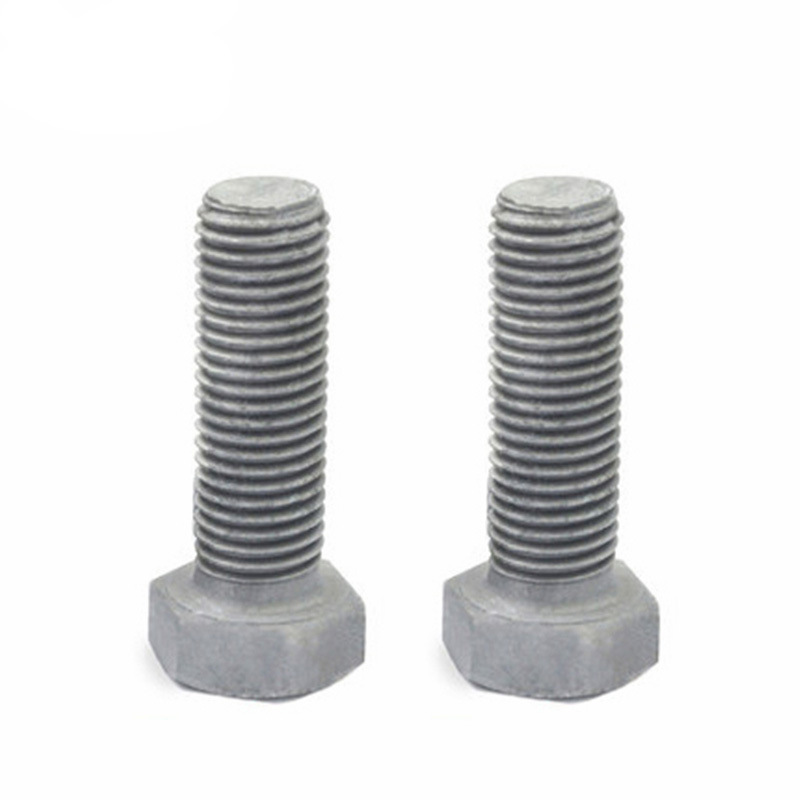

types of fastener
ное. . 05, 2024 15:22 Back to list
types of fastener
Types of Fasteners An Overview
Fasteners are essential components used to join multiple objects together. They play a crucial role in construction, manufacturing, and various other industries. By understanding the different types of fasteners available, one can make informed decisions based on the specific needs of any project. This article explores several common types of fasteners, their applications, and unique characteristics.
1. Bolts
Bolts are among the most common types of fasteners. Typically made of steel or other durable materials, they consist of a cylindrical body with a head on one end and threads on the other. Bolts are used with a nut to secure materials together. They are often employed in heavy-duty applications such as construction and machinery assembly due to their strength and ability to handle high tension. The most commonly used types of bolts include hex bolts, carriage bolts, and lag bolts.
2. Screws
Screws have a similar function to bolts, but they generally do not require a nut for fastening. Instead, screws create their own thread in the material they are driven into, which allows for a firm hold. There are many varieties of screws, each designed for specific applications, such as wood screws, sheet metal screws, and concrete screws. The head of the screw can also vary, with options like Phillips, flat, and Torx drives, which allow for different levels of torque and grip.
3
. NutsNuts are hexagonal or square blocks with a hole in the center, designed to fit onto the threads of a bolt. They are used in conjunction with bolts to create secure joints. Common types of nuts include hex nuts, lock nuts (which prevent loosening), and wing nuts (which can be tightened by hand). When choosing a nut, factors such as material, thread size, and corrosion resistance should be considered, especially for applications exposed to outdoor elements.
4. Washers
types of fastener

Washers are flat discs that are placed under nuts and bolts. Their primary function is to distribute the load of the fastener, which minimizes damage to the surface underneath and prevents loosening over time. There are different types of washers, including flat washers, lock washers, and fender washers. Each type serves a specific purpose; for example, lock washers are designed to prevent the fastener from unwinding due to vibration.
5. Anchors
Anchors are specialized fasteners used to attach objects to masonry or concrete surfaces. They are essential in environments where traditional screws and bolts may not provide enough grip. Common anchor types include expansion anchors, which expand when driven into a hole, and adhesive anchors, which rely on strong adhesives to secure the fastener in place. These fasteners are critical for hanging shelves, securing heavy equipment, and various construction projects.
6. Rivets
Rivets are permanent fasteners used to hold materials together, typically in structural applications. They consist of a smooth cylindrical shaft and a head on one end. Installation involves deforming the other end of the shaft (the tail) to create a second head, which secures it in place. Rivets are commonly used in aerospace, automotive, and construction industries because of their durability and strength.
7. Clips
Clips, or retaining clips, are fasteners that hold two or more components together without penetrating materials. They can be made from a variety of materials, including metal and plastic, and come in many shapes and sizes, such as spring clips and snap rings. Clips are commonly used in automotive applications and electronic devices where ease of assembly and disassembly is crucial.
Conclusion
Fasteners, although often overlooked, are vital components that ensure the stability and integrity of various structures and devices. Understanding the different types available—bolts, screws, nuts, washers, anchors, rivets, and clips—helps in selecting the right fastener for a specific project. Each type has unique properties and applications that cater to different fastening needs, making it essential to consider the requirements of the project at hand. By choosing the appropriate fasteners, one can achieve durability, safety, and efficiency in construction and manufacturing processes.
Latest news
-
Premium Fasteners Manufacturer | AI-Driven Solutions
NewsAug.01,2025
-
Hot Dip Galvanized Bolts - Hebei Longze | High Strength, Corrosion Resistance
NewsAug.01,2025
-
High-Strength Hot Dip Galvanized Bolts - LongZe | Corrosion Resistance, Custom Sizes
NewsAug.01,2025
-
Best Self Tapping Screws for Drywall - Fast & Secure Installation
NewsJul.31,2025
-
High-Strength Hot Dip Galvanized Bolts-Hebei Longze|Corrosion Resistance&Customization
NewsJul.31,2025
-
Hot Dip Galvanized Bolts-Hebei Longze Metal Products|Corrosion Resistance&High Strength
NewsJul.31,2025

